Tech
Interesting Facts About Artificial Intelligence (AI)
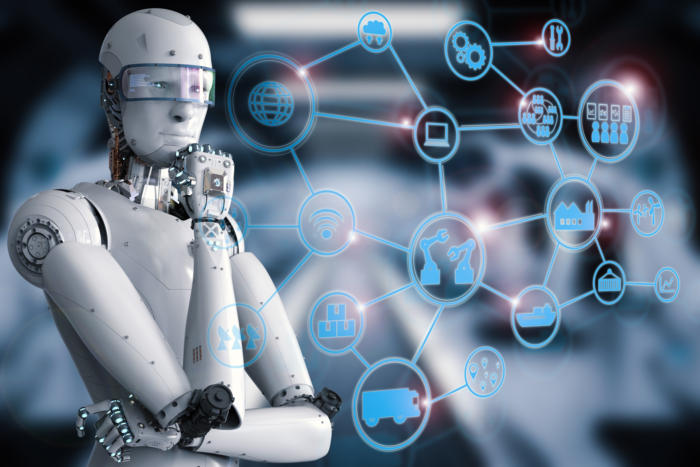
It’s no secret by now that Artificial Intelligence (AI) is all set to define the next generation of software technologies!
AI has gradually been making its way into business software and will continue to for the foreseeable future. AI technology is software designed to learn without being explicitly programmed, and it is taking the retail industry by a storm. It is regarded as the next big thing!
Listed below are the 5 interesting facts about AI!
AI can learn and write!
This can be quite overwhelming.
AI, computers are learning and writing by themselves. For example, Google developed an Artificial Intelligence enabled system that taught itself to play the Atari 2600 games. It later beat some of the world’s best players.
How intelligent!
Back in 1984, in a famous movie, Terminator, we saw the story about the concept that the United States government develops an Artificial Intelligence called Skynet. It was intended to automate the defense network. It takes control of force behind military operations and eventually seeks to terminate human race by unleashing a nuclear strike, as it sees humanity as a threat to its existence.
In near future, AI robots could end up completely changing what it means to be human if we let them think for themselves!
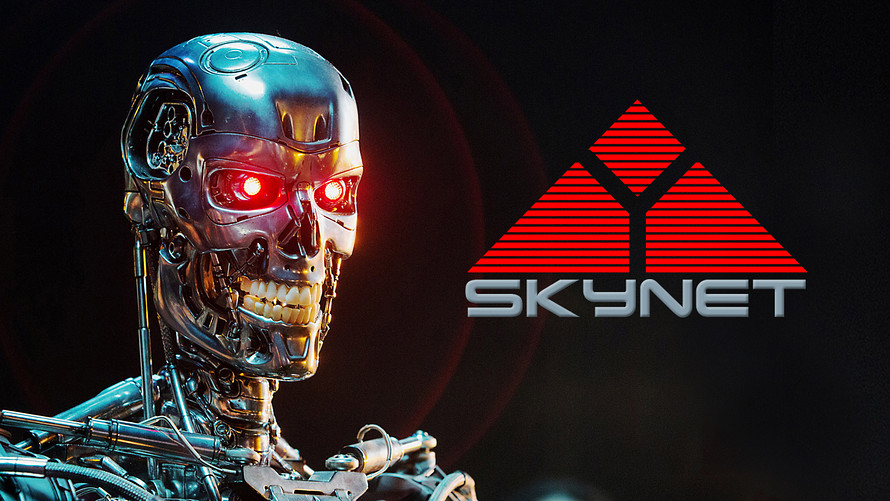
AI is way ahead of humans!
Artificial Intelligence does not have limitations that plague human beings. They are not restricted by biology and they do not even get tired!
AI can crunch numbers for long hours and are exceptionally clever while doing repetitive mathematical tasks and other significant tasks! This makes them way ahead and smarter than human beings.
The Terminator director, James Cameron says,
“What was science fiction in the ’80s is now imminent. It’s coming over the horizon at us.”

AI will fight challenging diseases.
The AI could not only make your lives convenient but it can also fight back some of the most challenging diseases. They could do it all as they are capable of identifying, collecting and analyzing the human molecular data. This amazing technology can identify and analyze illnesses to enable new drugs, treatments and cures within seconds.
In an interesting attempt to fight the spread of challenging diseases, a team of USC Viterbi School of Engineering researchers in order to create the algorithm used data, including behavioral, demographic and epidemic disease trends, to create a model of disease spread that captures underlying population dynamics and contact patterns between people.
With the help of computer simulations, the researchers tested the algorithm on infectious diseases such as tuberculosis in India and gonorrhea in the United States. In both cases, they found the algorithm did an amazing job at reducing disease cases by sharing information about these diseases with individuals who might be most at risk.
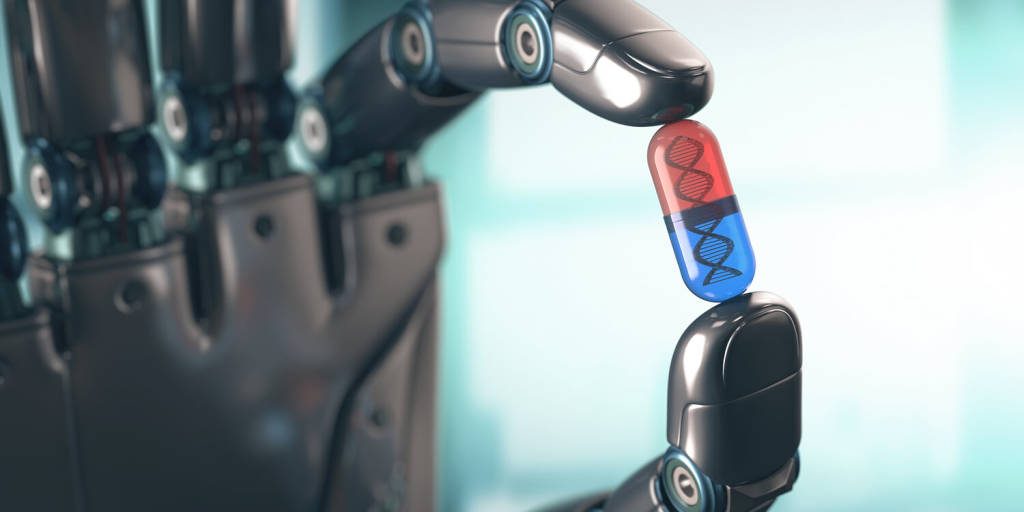
AI can rebuild itself
There is a robot that rebuilt itself after its performance dropped after losing 2 of its 6 legs. The robot did not know what the problem was but fixed it by trial and error.
The whole process could take 15 minutes for them to adapt and compensate for even the simplest of problems. This new adaptive technology is inspired by the way animals adapt to injury.
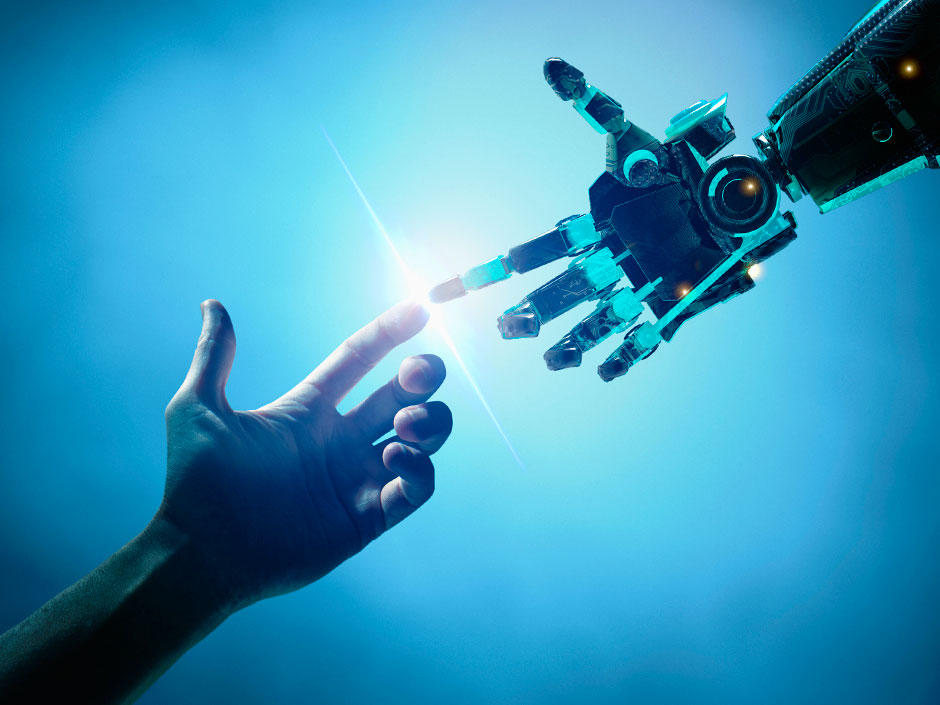
AI could take our jobs in near future.
With each passing year, we notice a lot of spectacular changes in the techno world. Big techno giants including Google is moving toward the adaptation of AI in order to improve productivity.
From surgeries to autonomous driving, technologies have taken over some of the most amazing human activities already. Industries including manufacturing and other large sections of agriculture have seen millions of human jobs taken over by robots, machines and more efficient factories.
World renowned physicist Stephen Hawking, stated once “AI and robots are going to kill a lot of jobs, because in the future, these will be done by machines.”
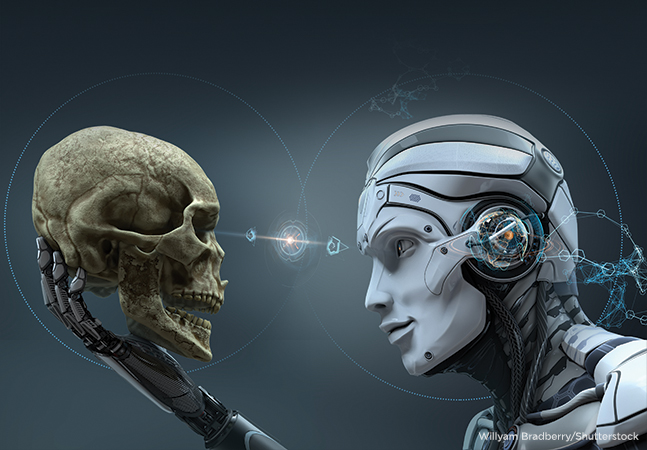
With Artificial Intelligence evolving in almost every industry, some people believe AI will wipe out humans completely!
Tech
Paytm Grants ₹16.7 Crore ESOPs To Employees Under 2019 Stock Option Plan

Paytm parent One 97 Communications has granted fresh employee stock options (ESOPs) worth about ₹16.7 crore to eligible staff under its 2019 ESOP scheme, highlighting a stronger push toward employee ownership and retention. The grant covers 1,23,908 options, each convertible into one equity share with an exercise price of ₹9, significantly below the prevailing market price. At Paytm’s recent share price levels, this translates into a notional value of around ₹16.6–16.7 crore for employees.
The ESOPs are designed to align employee incentives with Paytm’s long-term growth, giving high-performing team members a direct stake in future value creation. As the options vest and are exercised, eligible employees can participate in potential upside from Paytm’s expanding fintech and payments ecosystem, subject to standard ESOP vesting conditions. The company has also confirmed that the scheme complies with SEBI’s share-based benefit regulations.
This ESOP grant comes soon after Paytm’s payments arm secured key RBI approvals to operate as a payment aggregator across online, offline and cross-border transactions, strengthening its regulated payments stack. Coupled with rising operating revenues, the fresh stock options signal management’s continued focus on attracting and retaining top talent even as profitability remains under pressure. For SEO, key phrases around “Paytm ESOP grant,” “₹16.7 crore employee stock options,” and “One 97 Communications employee ownership” capture the core update for search and news discovery.
Latest News
Apple’s iOS 18.7 vs iOS 26: Which Update Should You Choose for Your iPhone in 2025?

Apple’s recent iOS 18.7 rollout provides a secure alternative to the visually revamped iOS 26, empowering iPhone users to choose between system stability and next-generation features. While iOS 18.7 focuses on important security updates and bug fixes, it maintains the familiar iOS experience for users of older devices like iPhone XS, XS Max, XR, and SE models up to the 16e. The update is lightweight—about one-fifteenth the size of iOS 26—which means quicker downloads and less storage consumption. It’s designed for reliability and fast installation, making it ideal for users who prioritize a stable and secure operating system over design changes.
In contrast, iOS 26 introduces Apple’s ambitious “Liquid Glass” interface with a transparent look across apps, enhanced widget and lock screen customization, smarter Siri, and improved camera controls. These innovations, however, come with a larger update size and compatibility exclusive to newer iPhones beginning from the iPhone 11 series. While early adopters can enjoy the futuristic interface and AI-powered upgrades, major OS launches may present initial bugs or app compatibility issues that cautious users typically wish to avoid.
Choosing between iOS 18.7 and iOS 26 depends on each user’s priorities—those seeking guaranteed stability and fast security fixes should consider sticking with iOS 18.7, while users excited about premium features and visual changes should migrate to iOS 26 if their device supports it. Both updates are available through Software Update settings, and Apple will support iOS 18.7 for only a limited duration, eventually encouraging all users to transition to the latest platform. This dual update strategy ensures every iPhone user can safely update their device for a seamless and secure experience in 2025.
Tech
Apple’s iOS 26 to Automatically Pause FaceTime Calls Upon Nudity Detection
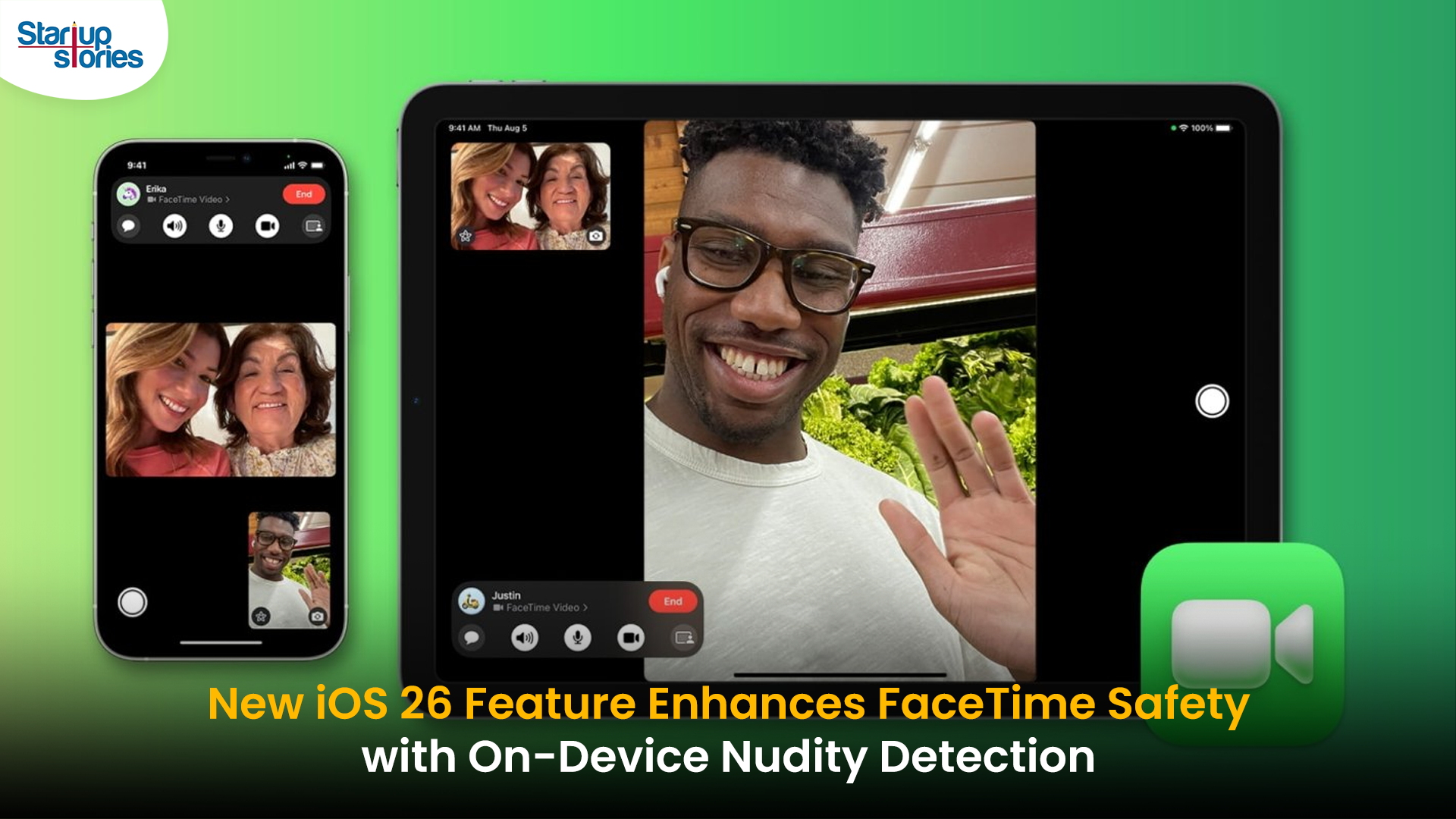
Apple’s upcoming iOS 26 introduces a new privacy-focused safety feature for FaceTime that automatically pauses both video and audio calls when nudity is detected on camera. This feature, discovered in the iOS 26 developer beta, is part of Apple’s expanded Communication Safety suite aimed primarily at protecting children from exposure to inappropriate content during live video chats. When nudity is detected, FaceTime freezes the call and displays a warning message, allowing users to either resume or end the call.
The nudity detection runs entirely on-device using advanced machine learning, ensuring that no images or videos are sent to Apple’s servers, thereby preserving user privacy. Although originally designed for child accounts as part of family safety tools announced at WWDC 2025, the feature currently appears active on all accounts in the beta version, including adults, which has sparked discussion about its broader application. Apple stresses that this local processing method keeps user data private while providing real-time protection against sensitive content during FaceTime calls.
Alongside this new safety measure, iOS 26 brings several other updates across the Apple ecosystem, including a new Liquid Glass design and enhancements to Messages, Wallet, and CarPlay. While the FaceTime nudity detection feature has not yet been confirmed for the final public release, its presence in the beta underscores Apple’s commitment to balancing user safety with privacy in an increasingly connected world. The full rollout later this year will clarify how widely the feature will be applied and whether users will have control over its activation













Danielemode
May 28, 2025 at 2:02 pm
https://biotpharm.shop/# cheapest antibiotics
MM88
November 5, 2025 at 9:58 pm
Khám phá thế giới giải trí trực tuyến đỉnh cao tại MM88, nơi mang đến những trải nghiệm cá cược thể thao và casino sống động.
iwin
November 7, 2025 at 12:00 pm
iwin – nền tảng game bài đổi thưởng uy tín, nơi bạn có thể thử vận may và tận hưởng nhiều tựa game hấp
J88
November 8, 2025 at 6:43 pm
Đến với J88, bạn sẽ được trải nghiệm dịch vụ cá cược chuyên nghiệp cùng hàng ngàn sự kiện khuyến mãi độc quyền.
站群程序
November 11, 2025 at 4:37 am
采用高效谷歌站群策略,快速提升网站在搜索引擎中的可见性与权重。谷歌站群
谷歌外推
November 13, 2025 at 5:42 am
采用高效谷歌外推策略,快速提升网站在搜索引擎中的可见性与权重。谷歌外推
MM88
November 13, 2025 at 9:43 am
Với giao diện mượt mà và ưu đãi hấp dẫn, MM88 là lựa chọn lý tưởng cho các tín đồ giải trí trực tuyến.
Kuwin
December 1, 2025 at 3:02 pm
kuwin sở hữu kho game đa dạng từ slot đến trò chơi bài đổi thưởng, mang đến cho bạn những giây phút giải trí tuyệt vời.
chanced casino
December 18, 2025 at 11:04 pm
chanced casino chanced casino